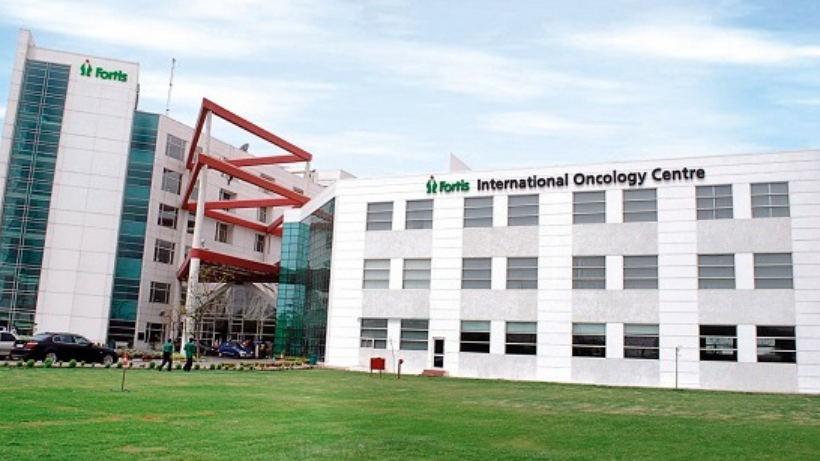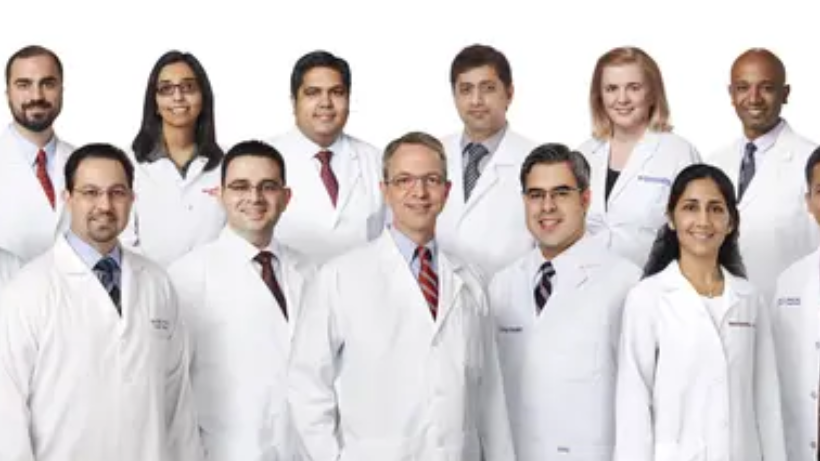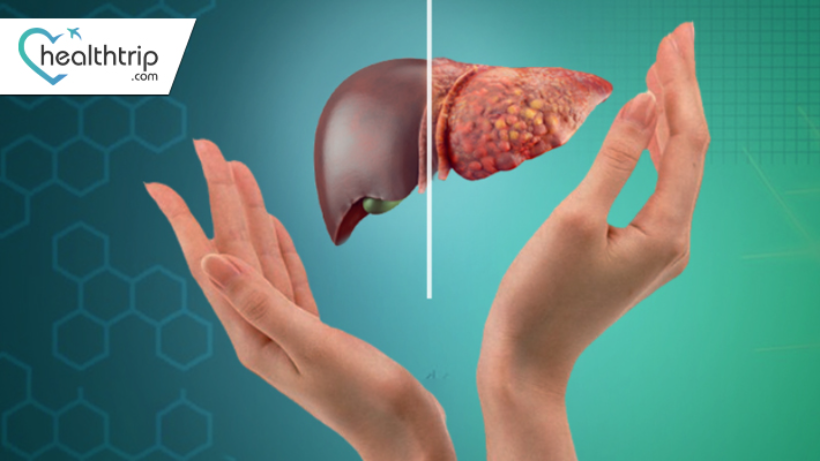
Dr Vivek Vij

No. Of Surgeries

Experience
FAQs
Dr. Vivek Vij is a pioneering liver transplant surgeon with expertise in adult and chronic pediatric liver transplant.
Dr. Vivek Vij has worked at institutions such as Indraprastha Apollo Hospitals, Sir Ganga Ram Hospital, Fortis Hospital Mohali, Rajendra Hospital & Medical Collage Patiala, and B.J.M.C, Pune.
Dr. Vivek Vij's clinical interests include pure laparoscopic donor hepatectomy, complex liver surgery, advanced pancreato-biliary surgeries, advanced laparoscopic and robotic surgeries, and surgeries of the gastrointestinal tract.
Dr. Vivek Vij and his team have a cumulative experience of performing more than 2500 liver transplants, with a majority of them conducted at Fortis Hospital, Noida.
Dr. Vivek Vij has achieved a patient success rate of 95% and a 100% donor success rate in liver transplant surgeries.
Dr. Vivek Vij is credited with developing living donor surgery and standardizing safety protocols to achieve a 100% donor safety profile in the country.
Yes, Dr. Vivek Vij has published his work and results in various international journals of repute.
Dr. Vivek Vij has received the Roche Preceptorship from the University of Alabama, Birmingham, USA, and has been a member of the International Liver Transplant Society (ILTS) in Chicago.
Dr. Vivek Vij is a member of the ILTS (International Liver Transplant Society) and ISOT (Indian Society of Organ Transplantation).
Dr. Vivek Vij has made unique contributions such as the development of corner sparing sutures with mucosal eversion technique for biliary anastomosis in adult living donor liver transplants and comparing laparoscopy-assisted hepatectomy with conventional (open) hepatectomy for living donors.






